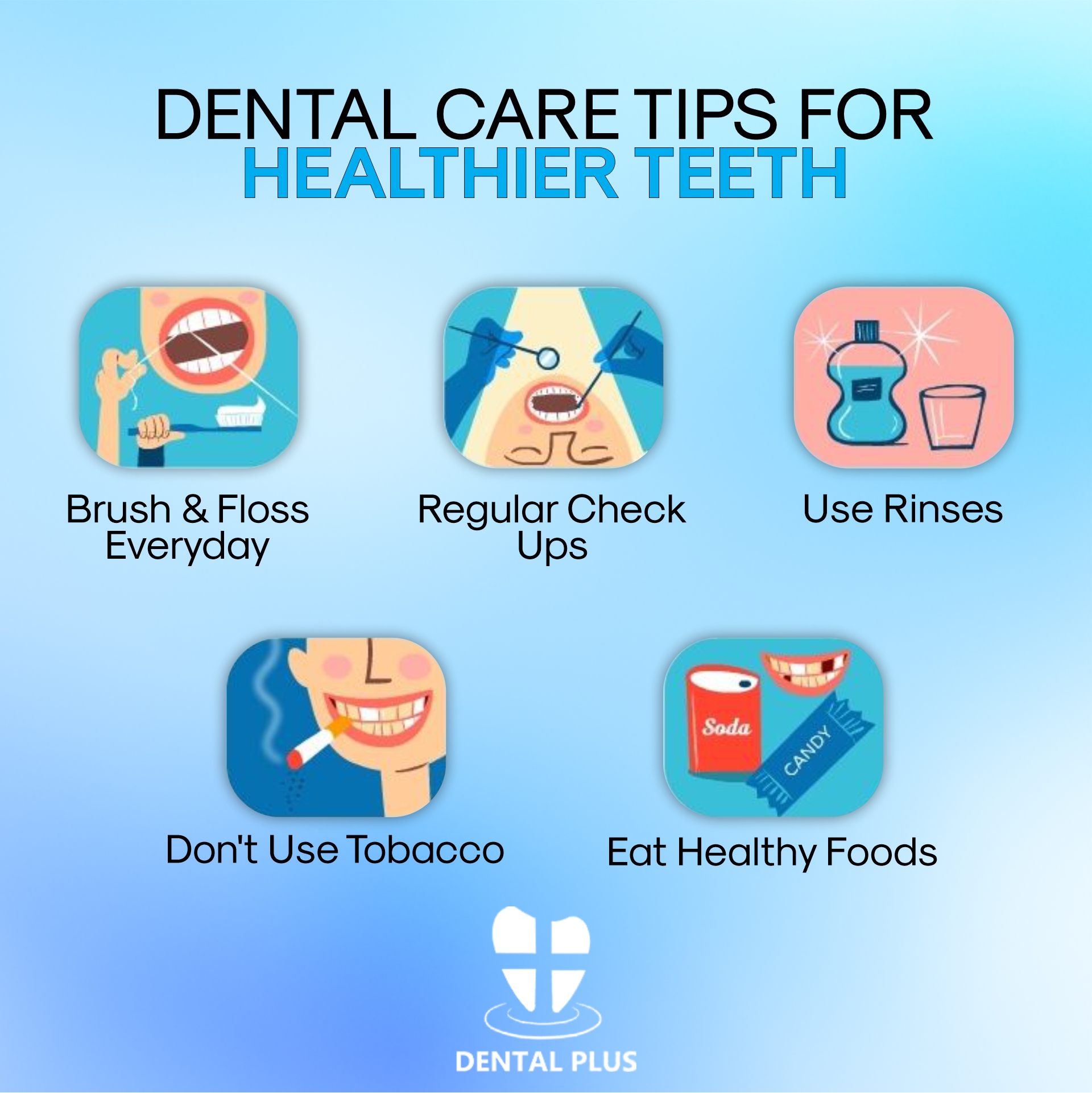
The Importance of Dental Hygiene
Maintaining good dental hygiene is crucial for overall health and well-being. Unfortunately, inadequate dental care is a common issue that can lead to a variety of oral health problems. Let’s explore the risks associated with neglecting dental hygiene and the impact it can have on your overall health.
Gum Disease and Its Ramifications
One of the primary risks of inadequate dental hygiene is the development of gum disease. Poor oral care allows plaque to build up, leading to gingivitis and, if left untreated, progressing to more severe conditions like periodontitis. Gum disease not only affects your oral health but has also been linked to systemic issues, including heart disease and diabetes.
Tooth Decay and Cavities
Neglecting regular brushing and flossing can result in the accumulation of bacteria on the teeth, leading to tooth decay and cavities. These issues, if not addressed promptly, can cause pain, discomfort, and may ultimately require extensive dental procedures such as fillings or root canals.
Bad Breath and Social Implications
Inadequate dental hygiene often contributes to persistent bad breath, known as halitosis. This condition can be socially embarrassing and impact personal and professional interactions. Regular oral care is essential to prevent the buildup of bacteria that causes bad breath.
Linking Dental Health to Overall Well-being
Research has shown a clear connection between oral health and overall well-being. Poor dental hygiene has been associated with an increased risk of various systemic conditions, including respiratory infections, cardiovascular disease, and complications during pregnancy. Taking care of your teeth and gums is not just about a confident smile but also about safeguarding your general health.
Preventive Measures: Brushing and Flossing
The foundation of good dental hygiene lies in simple yet effective practices like brushing and flossing. Brush your teeth at least twice a day using fluoride toothpaste and a soft-bristled toothbrush. Flossing helps remove plaque and debris between teeth, where a toothbrush may not reach.
Regular Dental Check-ups: A Necessity, Not an Option
In addition to daily oral care, regular dental check-ups are crucial for maintaining optimal oral health. Professional cleanings help remove hardened plaque (tartar) and allow dentists to identify potential issues before they escalate. Skipping routine dental visits can result in undetected problems that may require more invasive and costly treatments later on.
The Impact on Children’s Dental Health
Inadequate dental hygiene is particularly concerning for children. Early childhood cavities and poor oral health can have long-term consequences, affecting speech development, nutrition, and overall well-being. Parents play a pivotal role in instilling good oral habits in their children from a young age.
Breaking Myths: Dental Care is Not Optional
Some individuals mistakenly view dental care as optional or non-essential. However, oral health is an integral part of overall health. Neglecting dental hygiene not only leads to oral problems but can also exacerbate existing health conditions and compromise your immune system.
Investing in Your Smile and Health
Taking care of your teeth and gums is an investment in your long-term health and quality of life. It’s never too late to adopt good dental hygiene habits and prioritize regular check-ups. A healthy smile contributes to confidence, well-being, and the prevention of potential health complications.
Conclusion: A Call to Action
In conclusion, inadequate dental hygiene poses significant risks to both oral health and overall well-being. The simple yet effective practices of brushing, flossing, and regular dental check-ups are essential components of a proactive approach to oral care. By recognizing the importance of dental hygiene and taking steps to prioritize it, you can enjoy a confident smile and safeguard your health.
Learn more about Inadequate dental hygiene health at acnerimedi.net.



